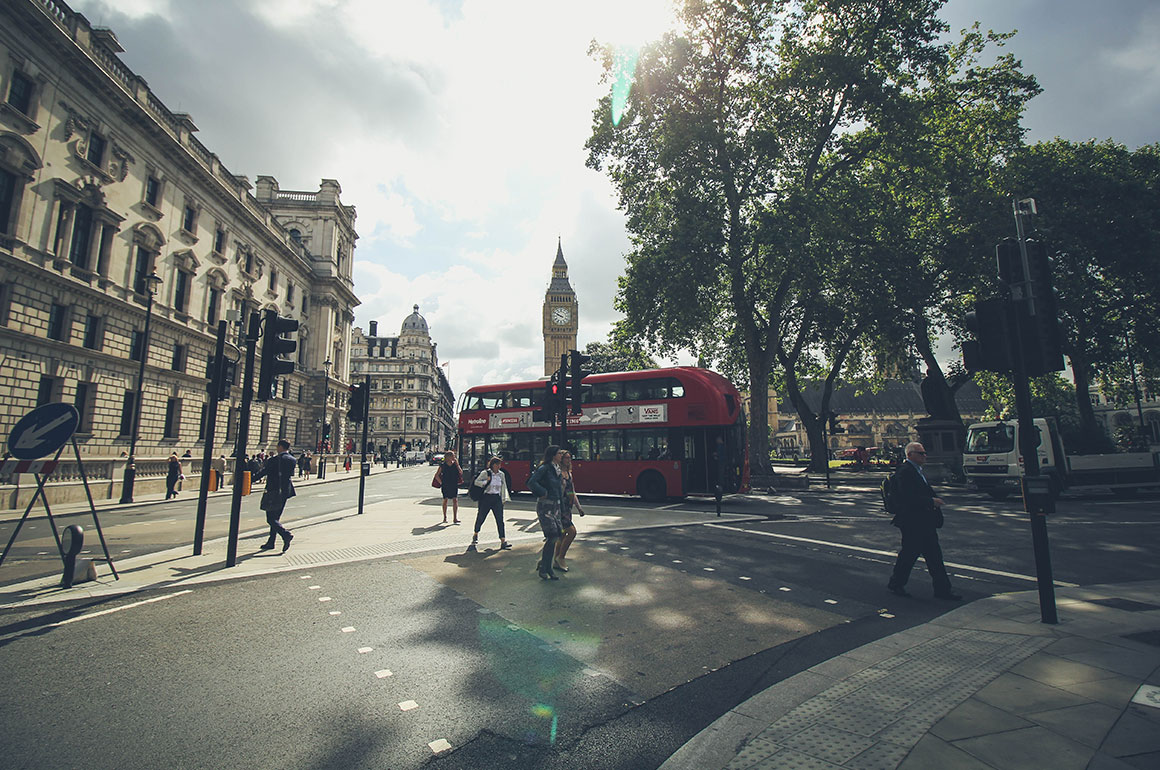Skift Take
The UK’s much anticipated government-backed event ‘reinsurance’ scheme launched late last month, but some question the timing. Is this a sign of hope and renewed confidence in live events, or is it simply too little too late?
The UK government’s event ‘reinsurance’ scheme was announced in August and launched on September 22, but public reactions have been mixed. As the Guardian reported, many within the industry feel that it’s simply too little too late. Without the added security provided by insurance, more than a quarter of summer festivals for over 5,000 were forced to cancel, along with more than half of those for 50,000 or more. While many business events have been able to stay afloat using virtual and hybrid formats, very few B2B event organisers have been willing to accept the financial risk of putting money down on large-scale in-person events.
As EventMB reported in March of this year, it was easy to predict that the UK’s staggered reopening plan spelled big uncertainties for event professionals. Without Covid-related insurance, the possibility of last-minute cancellations meant that betting on live events could lead to devastating losses.
Why, then, did the government not act sooner? One explanation is that it was simply too risky to spend taxpayer money on insurance schemes when the probability of cancellation was so high. After all, the government had already spent billions on Covid-related support programs. But if we extend this logic, it follows that the UK government now considers event insurance to be a risk worth taking — either because the threat of cancellation seems lower, or because the industry’s impact on the larger economy is too big to continue ignoring.
How Does the Insurance Scheme Work?
To tease out the larger implications of this government policy change, it helps to have a basic understanding of how the insurance scheme works.
Here are the key details at a glance:
1. The plan is backed with a guarantee of over £750 million ($1 billion USD) from the UK government, but it is run through a partnership with Lloyd’s market, a private insurance group.
2. To take advantage of this offer, event organizers must already have standard event cancellation insurance.
3. The supplementary Covid cancellation insurance involves a premium payment of 5 percent (on top of whatever fees and premiums apply to the standard insurance package).
4. The plan only covers cancellations for events “legally unable to happen due to new government COVID restrictions”.
Because of the added premium charges and the limited coverage, Sebastian Payne and Daniel Thomas of the Financial Times even speculate that the government could turn a profit if there are no further lockdowns.
What Is the Government Unwilling to Cover?
As many in the press have noted, the ‘reinsurance’ plan does not cover losses from lower-than-expected attendance, or from cancellations caused by self-isolation requirements on staff or performers.
Self-isolation requirements can be particularly troublesome for the live music industry — in the UK alone, Arlo Parks and Fontaines D.C. had to pull out of performances after band members tested positive for Covid. Although business events rarely depend on a single performer or speaker, self-isolation requirements can leave events both short on staff and low on attendees.
A much bigger factor for business events, however, is the impact of travel restrictions. While they may not make an event “legally unable” to happen, they can erode attendance and exhibitor booth numbers to the point where holding the event becomes impractical. Birmingham’s Food and Drink Expo, for example, had to cancel its trade show when newly-announced travel restrictions made it impossible to accommodate out-of-town exhibitors.
Notably, the government plays a major role in both of the exceptions it fails to cover: Social distancing requirements and travel restrictions can cause lower turnout, while self-isolation mandates mean that staff and performers might have to back out at the last minute. The government’s reluctance to insure against these losses probably has more to do with the level of risk involved than with a sense of responsibility.
What’s Behind the Change in Policy?
The UK’s limited insurance plan suggests one of two rationales: Either they feel confident that lockdowns will be the exception rather than the norm, or they think that the long-term economic boost outweighs the initial cost of the program.
If the government’s own messaging is any indication, both factors were an influence. Rishi Sunak, Chancellor of the Exchequer, has emphasized both a positive forecast for the event industry and the role it will play in job growth:
The events sector supports hundreds of thousands of jobs across the country, and I know organisers are raring to go now that restrictions have been lifted. But the lack of the right kind of insurance is proving a problem, so as the economy reopens I want to do everything I can to help events providers and small businesses plan with confidence right through to next year.
Rishi Sunak, Chancellor of the Exchequer, UK Parliament
The economic impact of the event industry — and its collapse during the pandemic — is not news, nor is the need for adequate insurance coverage. Prior to the government’s announcement, the UK’s Business Visits and Events Partnership (BEVP) released research that forecast industry losses of £57 billion ($77 billion USD) in 2021, as compared with the event sector’s pre-pandemic revenue of £70 billion ($95 billion USD). The economic argument was there from the beginning.
Why the New Confidence?
So what has changed? If we read between the lines, the UK’s decision suggests that officials think the risk of full-scale lockdowns is relatively low, whereas the risk of other Covid-related setbacks remains high (i.e. turnouts being low and performers backing out following positive test results).
Whether this confidence is justified or not has yet to be determined, but it may point to encouraging results from the UK’s pilot event program. Perhaps the world’s most ambitious government-backed research on Covid safety at events, the program has yet to release its full analysis of the raw data that it published in late August.
What we do know is that even with the super-spreader event that occurred at the Boardmasters festival in Cornwall, England, no “serious life-threatening illness” resulted from the 4,700 positive cases linked to the event. (Importantly, admission to the festival required proof of at least one of the following: a negative Covid test, double vaccination, or acquired immunity.)
IN CONCLUSION
The UK government has made commitments to reopen in the past, but this time they are putting their money where their mouth is. While the assistance may be limited and have come too late for some, it is not only an added layer of support — it is also a vote of confidence.





